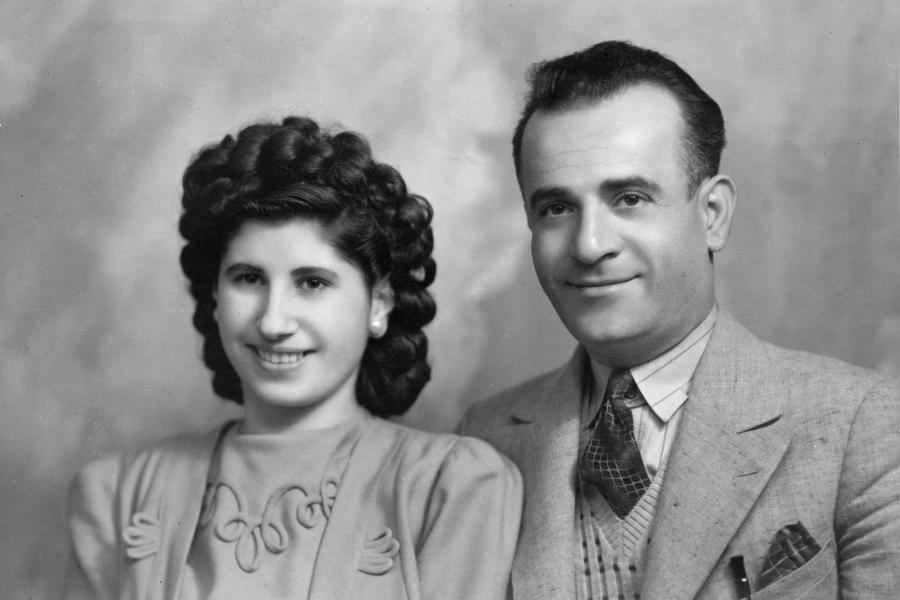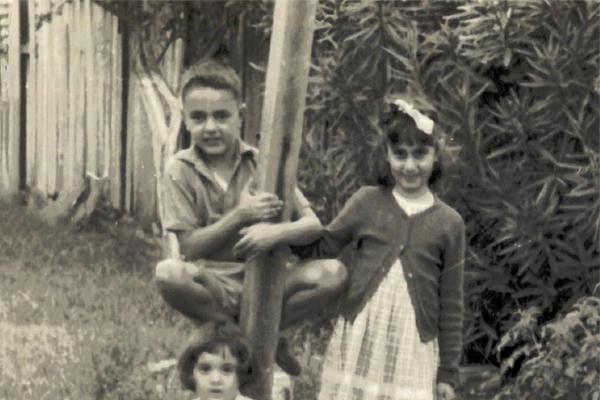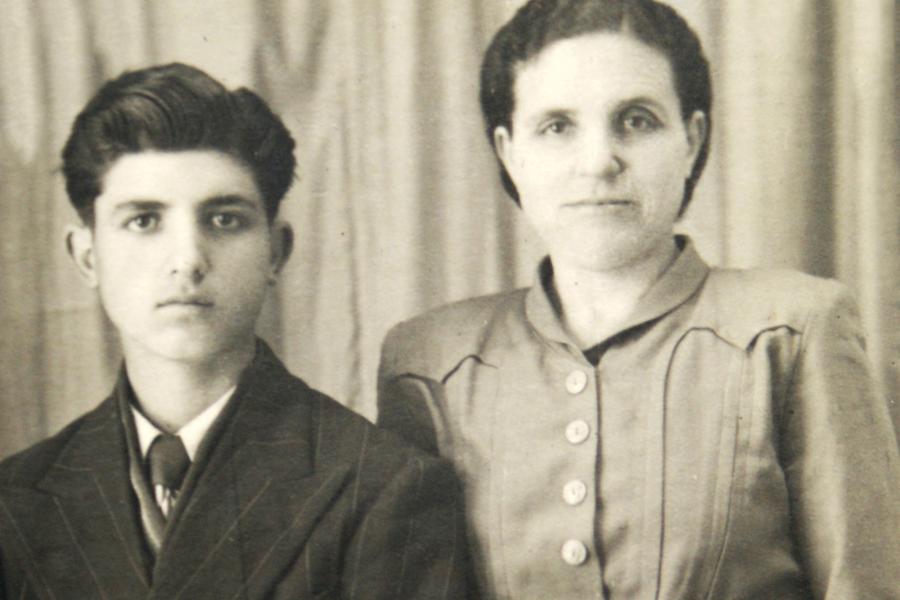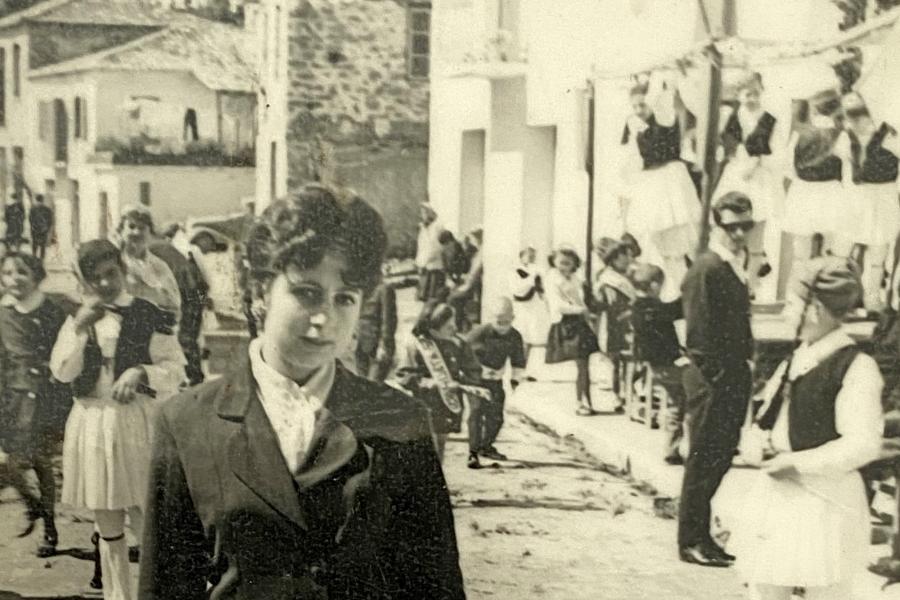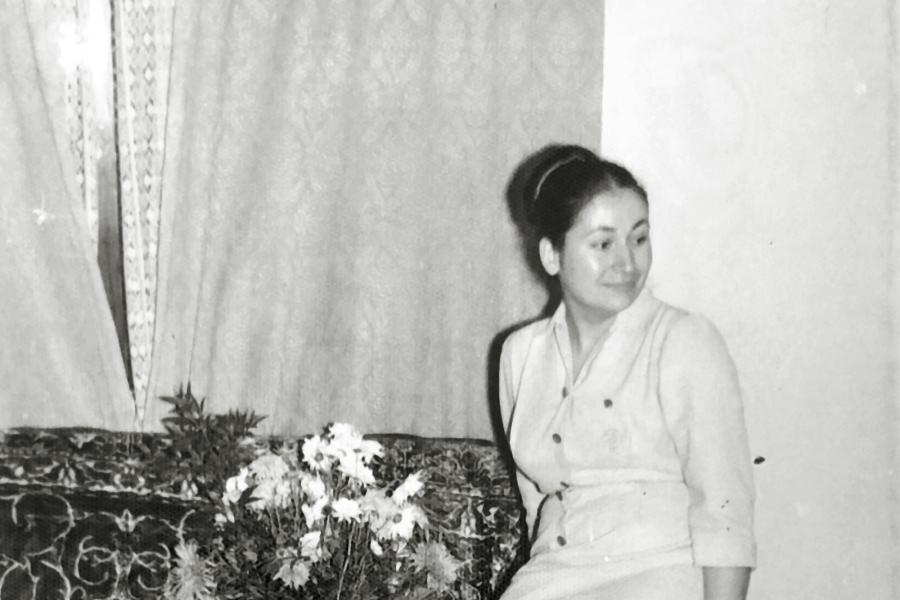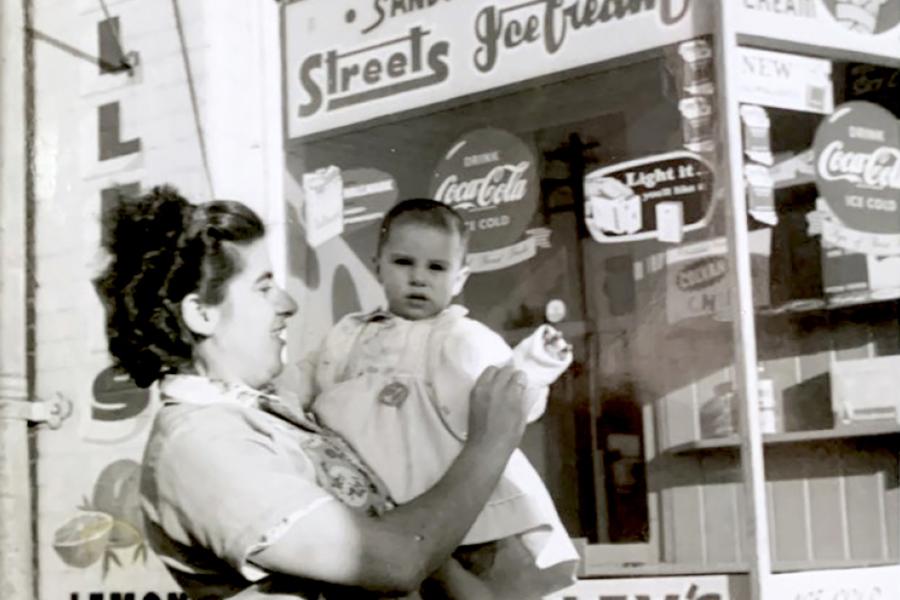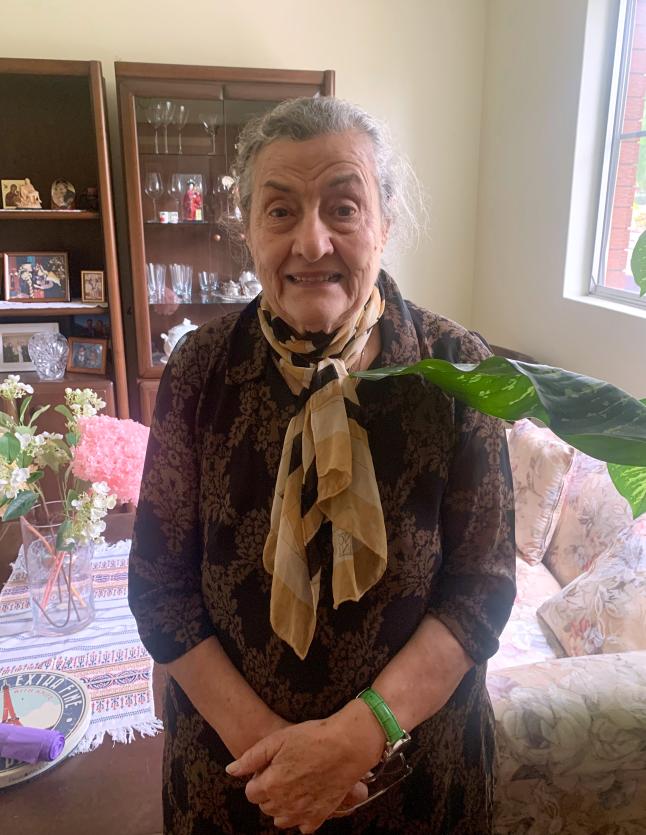

Speaker background
Anna Lambrou was born in the small village of Pitsinianika on the island of Kythera in 1937. Her father had already embarked on his journey to Australia around the time of her birth. In 1952, she was reunited with her father in Sydney, who owned and operated a milk bar in Kingsford. Throughout her adolescence, Lambrou assisted her father in the milk bar with a view to improve her spoken English. After completing her HSC equivalent and continuing her education at a technical college where she learnt to type, Lambrou was employed as a library assistant at the University of New South Wales Library. In 1960, she married a Greek-Egyptian migrant with ancestry from Chios, Greece. After her husband’s death at the age of 53, Lambrou enrolled in a Bachelor of Arts as a mature-age student, where she specialised in Russian Studies and Modern History, later furthering her studies at a post-graduate level.
Interview summary
Anna Lambrou candidly discusses aspects of the Greek-Australian experience, including her troubled journey to Australia, her strong ties to the Greek Church, the Church’s efforts to expand unilaterally as the Greek population grew larger and her important charitable contribution through the Philoptohos Ladies’ Auxiliary. Throughout the interview, she stresses the value of education and the need to help those who are less fortunate.
Interview highlights
highlight
Anna recalls the harrowing experience of arriving in Alexandria during the overthrow of King Farouk, when she and her mother were fleeced by soldiers, and how local Greeks helped them get to the awaiting ship at Port Said.
‘We had a terrible experience in Egypt. Upon arrival in Alexandria, we were presented with the Egyptian Revolution. The revolutionaries boarded the ship and ejected everyone, later detaining us in a basement. Luckily, there were a lot of Greeks together. They seized whatever money we had. My mother was hesitant to give anything because we had so little. [...] They started throwing our belongings around. We didn’t know what to do and where to go. Luckily, God doesn’t leave anyone behind. There was a man from the Dodecanese who found a Greek-owned shop in Alexandria. [...] The owner offered to help us, organising a train from Cairo. And from Cairo, he organised that a friend of his escort us to a bus en route to Port Said. [...] We didn’t eat or drink anything all day. [...] There was so much human traffic on the train that I was nearly pushed from the window. In Cairo, there was a gentleman waiting to take us to a bus headed for Port Said. Once we arrived, we stayed in a Greek Hotel. We didn’t have any money, constantly wondering how we would pay for anything. There was a gentleman in the restaurant who advocated on our behalf, explaining our situation to the owner. [...]This man offered to help us. He was from Queensland and was on holiday to Greece. He loaned us forty or forty-five liras to tide us over. I can’t remember exactly how much.’
Timecode 07:37 - 10:37
highlight
Anna Lambrou fondly reminisces on her time in Kingsford, especially her encounters with the local Australian population
‘I enjoyed working there because the cinema was next-door. I used to watch the films free of charge. The Australians were very good to us. In other words, I can’t say that I ever experienced discrimination. This could be because of how well the Australians were treated by the Greeks during the Second World War, especially in Crete. I think they had a love for the Greeks. They accepted me completely. My father had two Australian assistants. The cinema staff were also very kind to me.’
Timecode 19:14 - 20:04
